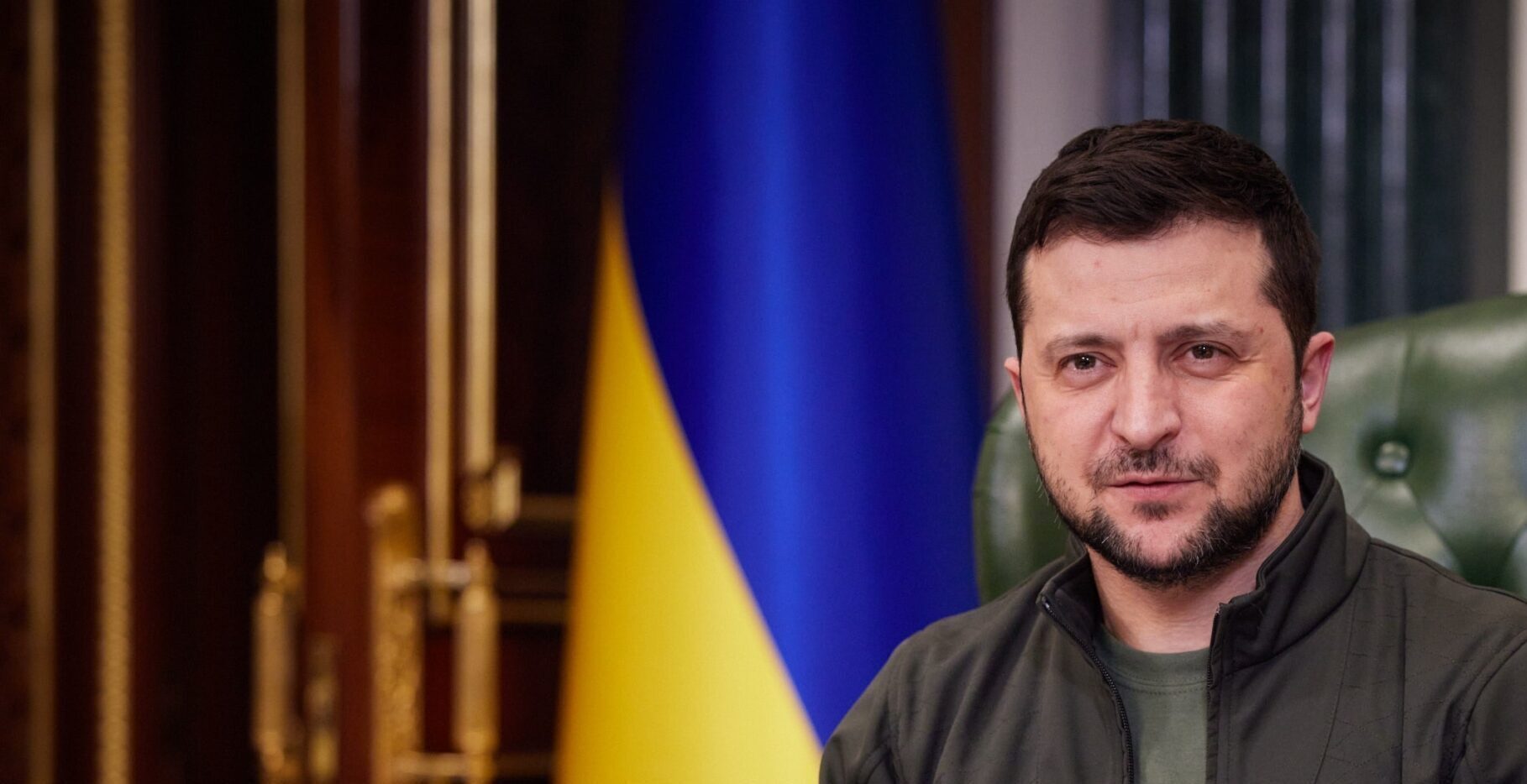Recent mass protests in Ukraine have put President Volodymyr Zelenskyy under significant pressure, following his approval of a controversial law that curbs the independence of key anti-corruption bodies. The law, passed in July 2025, shifts control over investigations from independent institutions like NABU and SAPO to the Prosecutor General’s Office—an entity widely viewed as politically influenced. Critics say the move undermines years of reform since the 2014 Maidan Revolution and threatens Ukraine’s fragile democratic progress during wartime.
The backlash has been swift and widespread. Demonstrations erupted across Kyiv and major Ukrainian cities, drawing tens of thousands of participants—especially younger citizens who see the anti-corruption institutions as symbols of hope and accountability. For many of them, the fight is personal; they view the law not just as a political maneuver, but as a betrayal of the ideals they or their families have risked their lives to protect. Chants, banners, and social media campaigns have unified a new generation of civic-minded Ukrainians demanding transparency and reform.
International observers have also raised alarms. The European Union has warned that Ukraine’s path toward EU membership—and the billions in aid tied to that process—could be jeopardized if the rollback of anti-corruption safeguards continues. Transparency watchdogs have echoed concerns, emphasizing that wartime governance cannot come at the cost of institutional integrity. While President Zelenskyy defended the law as a necessary step to eliminate Russian influence from key institutions, many view this rationale as insufficient to justify the extent of the changes.
In response to the uproar, Zelenskyy has promised to introduce new legislation to restore checks and balances, signaling a possible concession to domestic and international pressure. Whether this will be enough to appease protesters and satisfy Ukraine’s allies remains uncertain. What is clear, however, is that the protests mark a critical moment in Ukraine’s ongoing struggle to balance wartime leadership with democratic resilience.



 Motivational
Motivational 24 Jul, 2025
24 Jul, 2025 Abigail White
Abigail White